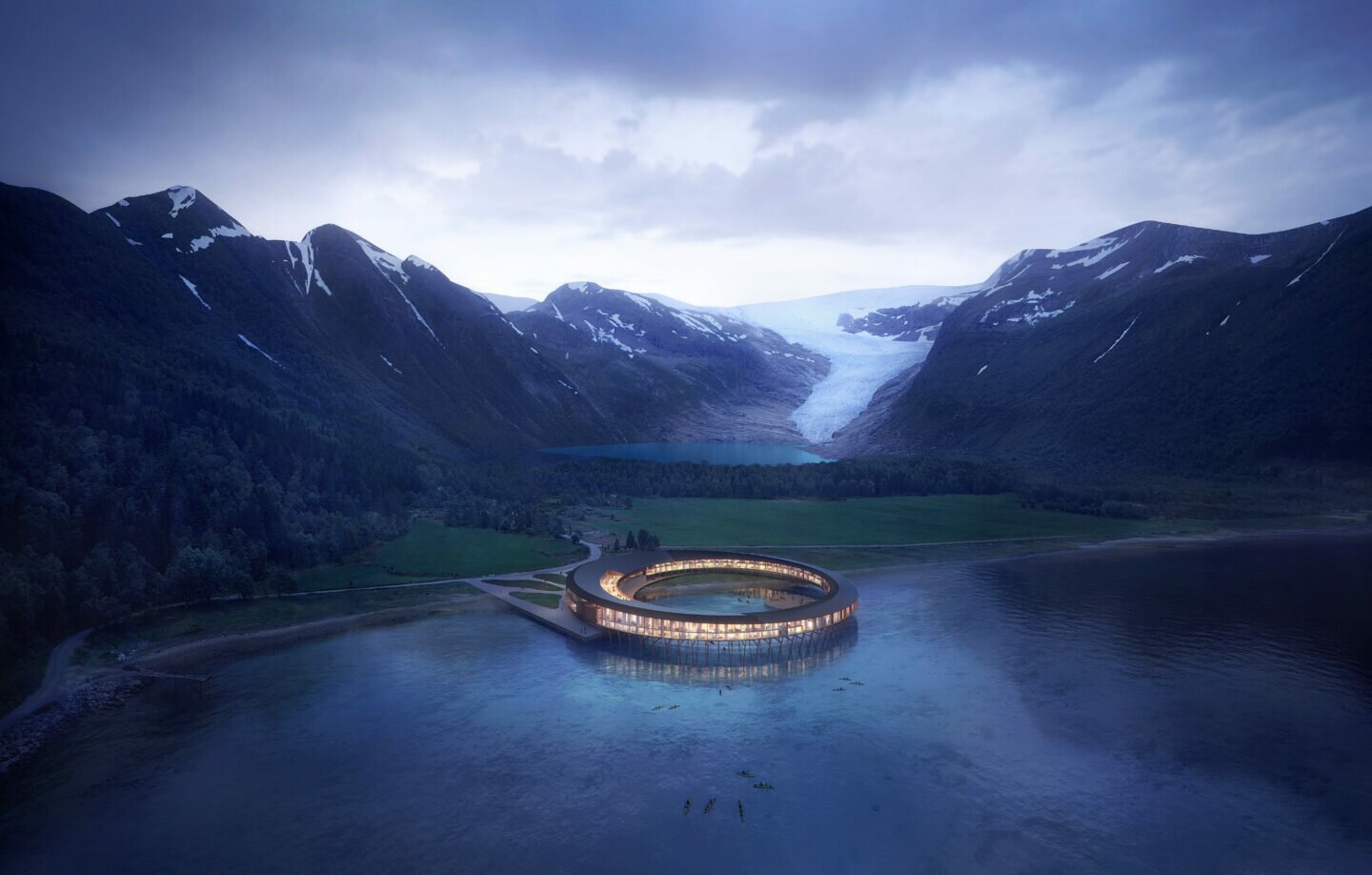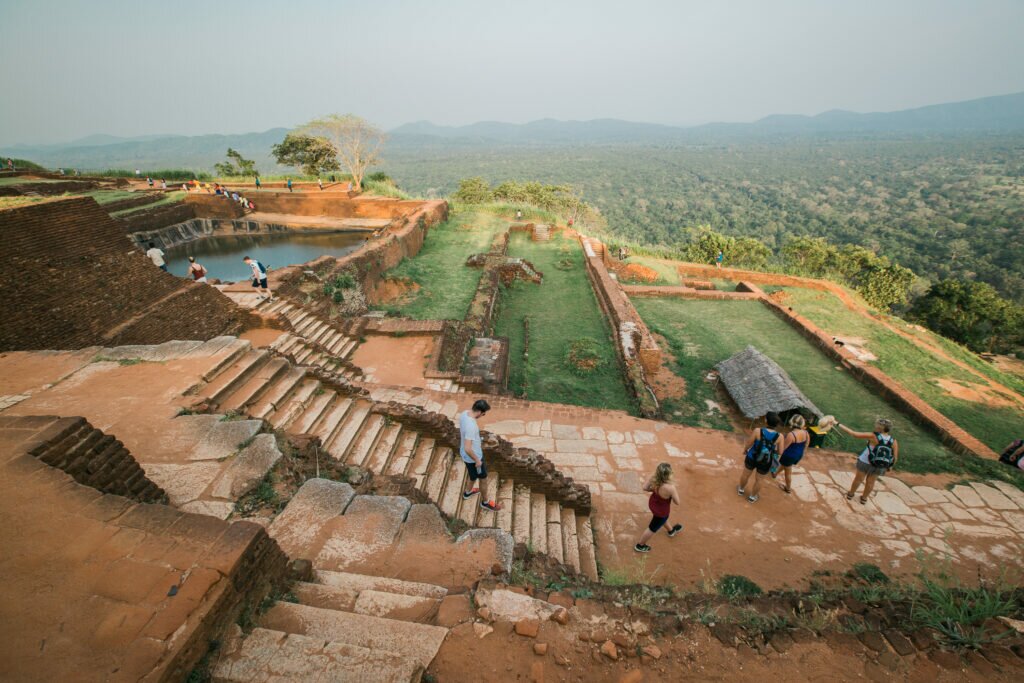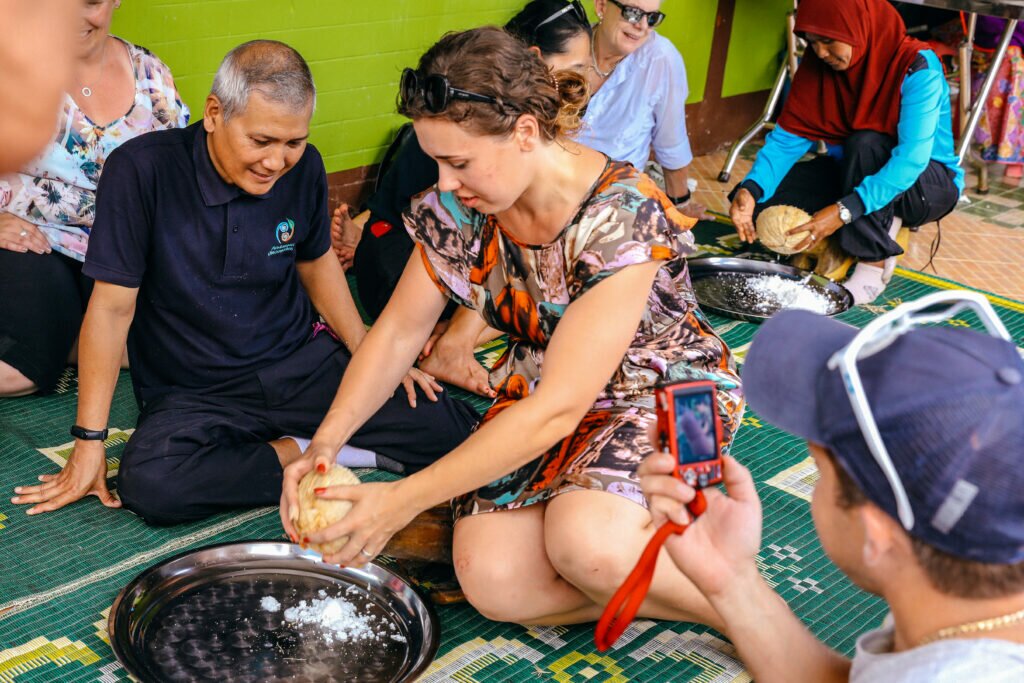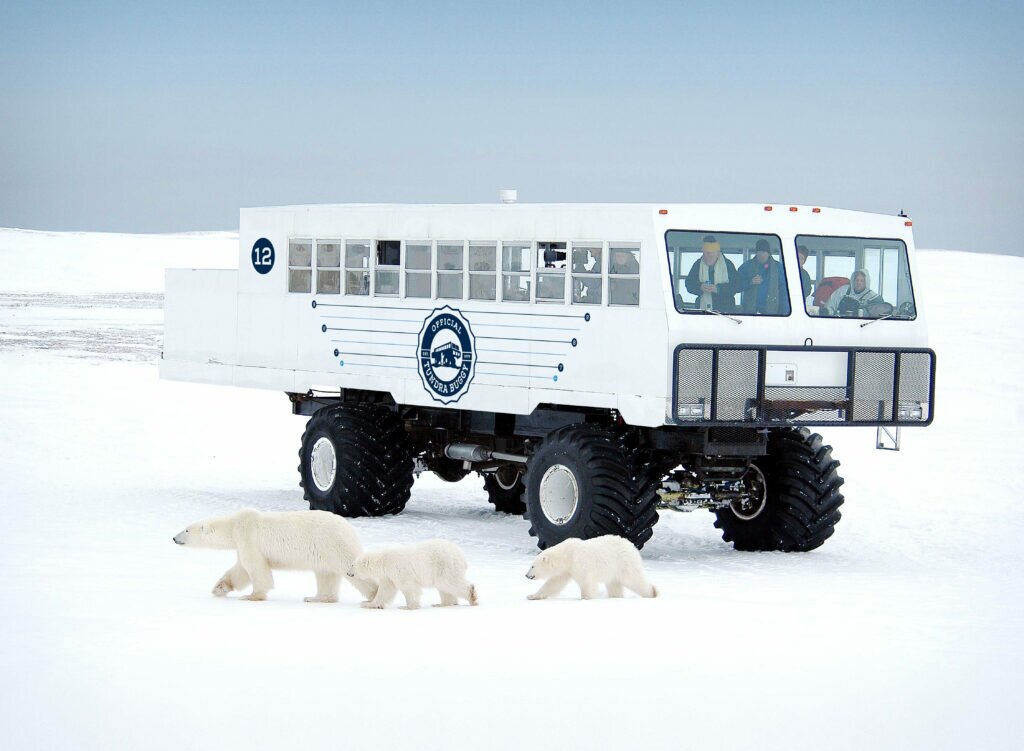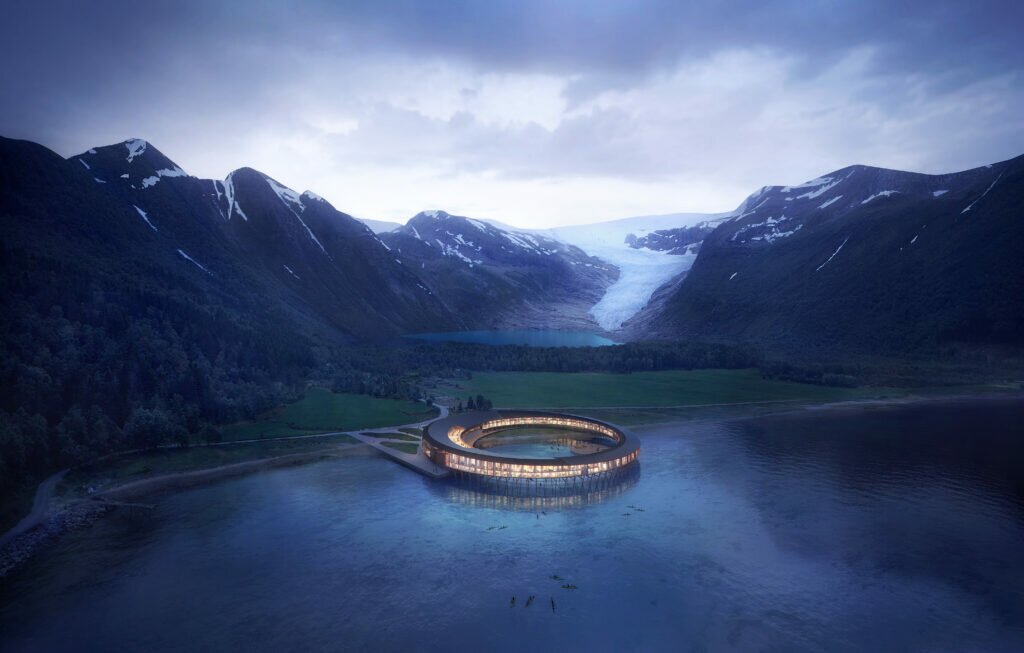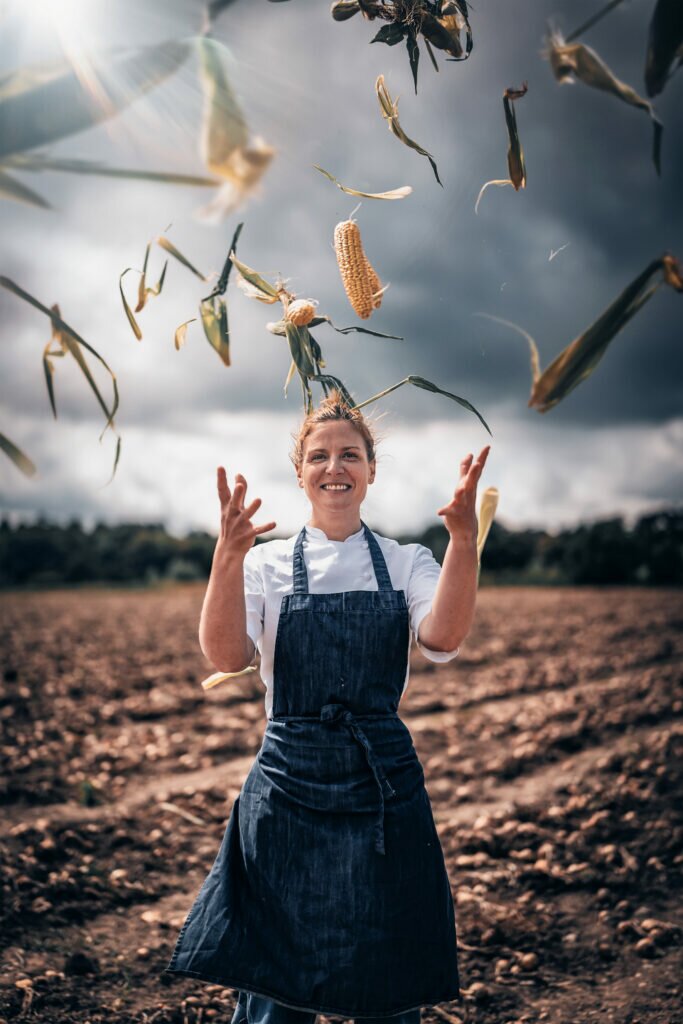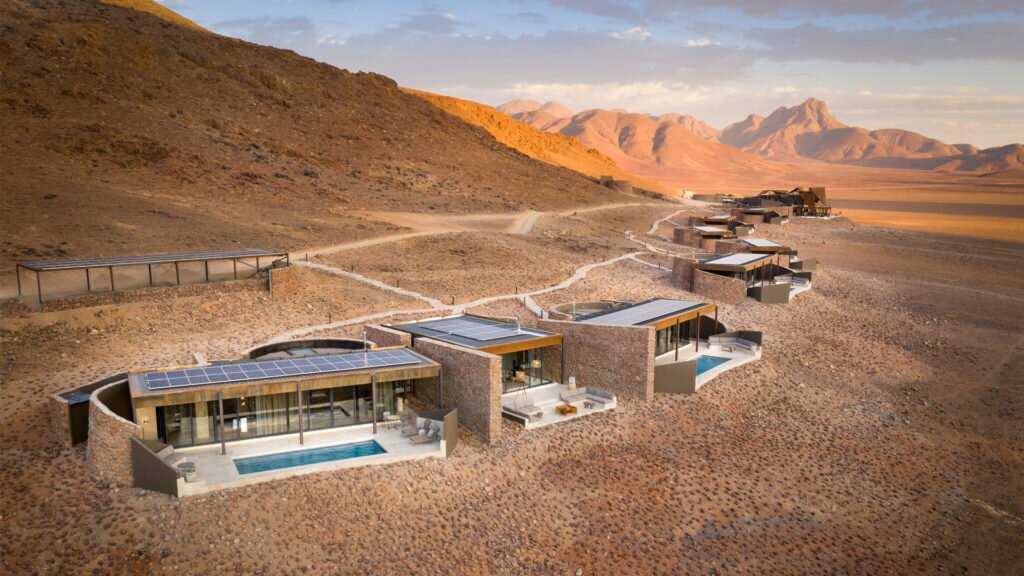Asia Pacific: Staving off mass-market reliance from the top down
Concerted sustainable tourism strategies, as opposed to piecemeal measures, are coming into clearer focus across the Asia Pacific, a region long blighted by the scourge of mass tourism.
In Thailand’s glittering Phi Phi National Marine Park – a motorboat-plied hotspot that prior to the pandemic, attracted more than two million visitors annually – for instance, the major motion picture famous Maya Bay is set for an overhaul. A veto on boats mooring close to the beach has been introduced, alongside regulations to the number of visitors in and around the archipelago.
Over at Indonesia’s idyllic Lake Toba in North Sumatra, plans have been outlined to draw longer-staying tourists beyond the crush of two-day package tours, through thematic tourist trails. The latter include a gastronomic culture trail featuring cooking classes and stays in villages and tourist sites.
Such measures are long overdue, but necessary to pitch regional tourism towards a more equitable post-pandemic future, according to Dr Peter Varga, an assistant professor at Swiss hospitality education provider EHL Group.
He cites Singapore, which is committed to electrifying its entire fleet of cars and commercial vehicles by 2040, as an exemplar country with “a long-term sustainable plan and integrated approach to urban management.”
As borders reopen, Dr Varga says the Asia Pacific’s hotel industry is set for an investment resurgence that will gather momentum in 2022. Its first order of business? A rejiggering that sees hospitality players embracing an all-encompassing model of sustainability, and addressing its attendant spectrum of issues including climate change, economic inequality, food waste and insecurity.
“Meaningful travel will be a buzzword for many hotels in 2022, and hotel groups will be looking to communicate their sustainable initiatives and practices to guests in order to appeal to the new, refined traveller,” he said. For instance, hotel groups such as Marriott International have set specific, measurable goals such as that to reduce carbon intensity by 30 per cent by 2050. He adds that as environmental concerns continue to weight on our collective consciousness, guests can expect more vegan dining options at hotels.
While hotel chains seek to burnish their green credentials, Dr Varga predicts that luxury boutique resorts such as NIHI Sumba in Indonesia and Soneva Jani Chapter Two, Maldives will be increasingly attractive for travellers seeking to reconnect with nature and give back to the local community and surrounding environment. “Soneva has implemented a Total Impact Assessment that reports the hotel’s sustainable actions and work towards specific development goals,” he said.
Sustainability has always gone hand-in-white-gloved hand with luxury, as reflected in Shinta Mani Wild’s substantive conservation efforts in Cambodia. Though the pandemic hit just a year after it opened, its owner Bill Bensley shares that his team has been working on initiatives including a new outdoor cooking school, chicken coop and vegetable garden to supply their upcoming plant-based menu. “During the pandemic I became a vegetarian, because environmentally it is the right thing for all of us to do,” he asserted.
Leading the farm-to-fork movement in Cambodia’s hospitality scene, Shinta Mani Hotels started their first experimental organic model farm in the noughties, which gave rise to other agricultural projects that imparted new seed stock and growing techniques to Cambodian farmers. Farm-to-table dining will also take centrestage at the upcoming Melia Chiang Mai, which sources organic produce locally and works with local farmers to help them improve sustainability and encourage ethical production .
-
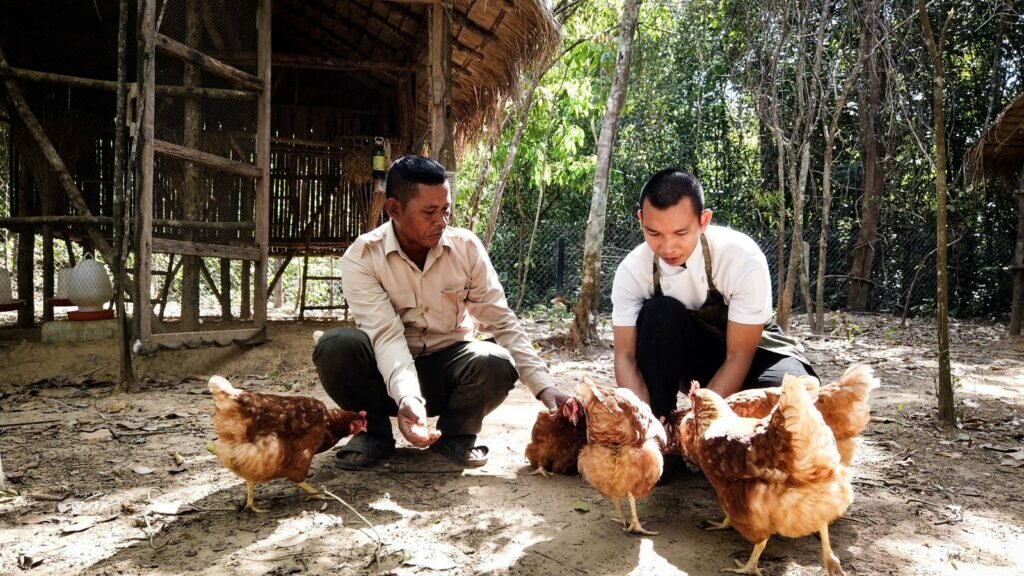
Shinta Mani Wild practises organic farmingShinta Mani Hotels -
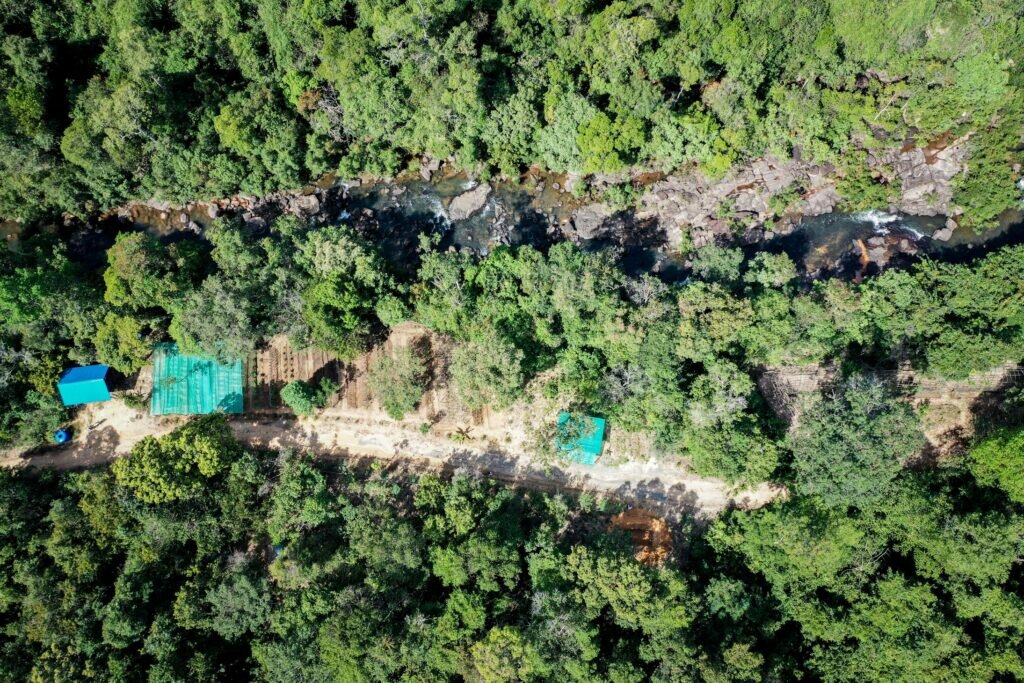
Shinta Mani Wild practises organic farmingShinta Mani Hotels
Responsible, community-based tourism extends beyond the citronella-scented, fastidiously landscaped confines of the high-end resort. Brett Mitchell, the chief commercial officer at Intrepid Travel projects a more mindful paradigm where travellers delve deeper into what it means to be eco-conscious, while seeking outdoor adventure experiences in the five o’clock shadow of their lockdown inertia.
“Another trend we will see in 2022 is travellers becoming more carbon conscious. We have seen a rise in demand for our human-powered trips, allowing travellers to immerse and challenge themselves in nature. We will also see travellers start to slow down and stay in one place for longer, spending more time visiting communities rather than moving from place to place at light speed,” he said.
To that end, the small group adventure travel company is launching purpose-led experiences, including one where their clients can dine at a Sri Lankan restaurant that employs women from rural communities.
Making local experiences more accessible is the basis for social sharing platform Lemi, which helps promote small local businesses – many of which have been hobbled by the pandemic and gradually muscled out by large franchises.
“The problem for many people is that although they may love buying local, big brands are always more convenient to buy from. They are in the big stores, and they have competitive marketing budgets that make them infinitely more accessible. Lemi allows local businesses to list all their products and services at no upfront cost, get a free website with great SEO, and start selling in minutes,” explained its Singaporean founder Cheryl Ng.
Such ground-up tech innovation, combined with top-down strategies, may springboard the region into a greener reality, once business is back on an even keel.
By Cara Yap
Americas: Slow, nature-positive and vegan
“The pandemic made us slow down a bit and re-evaluate what’s important,” says Justin Francis, co-founder and CEO of holiday company Responsible Travel. As a consequence, in 2022 he predicts there’ll be a rise in slow travel, nature-positive and vegan holidays. Plus, “with travel having paused for so long, people appreciate it much more – they’re looking for trips of a lifetime.”
In the Americas, trips such as Responsible Travel’s epic cycling holiday through the Canadian Icefields Parkway, between Banff and Jasper National Parks, look set to be popular. After invigorating days in the saddle, stopping to marvel at glaciers, lakes, mountains and waterfalls, travellers can unwind in comfy lodges fit for a local.
Or Frontiers North Adventures’ — one of only two B-Corporation Certified companies in Canada — Subarctic Discovery trip to ‘polar bear capital of the world’, Churchill. As well as seeing polar bears in their natural habitat, travellers experience the remote community’s rich culture. In 2022, they may also explore on their new electric Tundra Buggy.
In a region blessed with dramatic but fragile landscapes, companies are looking to go the extra mile to protect and restore wildlife. One of the world’s first truly regenerative hotels, Playa Viva in Mexico, adds a two per cent fee to guests’ bills that goes into a trust for the local environment and community. The resort is run entirely off-grid, supports a turtle sanctuary (where guests can volunteer, releasing baby turtles) and is regenerating its forests. Its new treehouse rooms, perched amid the palm trees, were designed based on drone footage of the Mobula Manta-Ray migration in front of the resort and built with the property’s bamboo harvest.
Regenerative Travel, co-founded by Playa Viva’s owner, showcases other resorts pulling out all the stops for people and planet. The company believes we must look beyond sustainable initiatives in tourism in 2022 (which aim to meet net-zero) towards regenerative strategies, which create a net-positive legacy through travel.
-

Eaton Workshop -

Eaton Workshop
Regenerative Travel’s Kerry Skinner says they also expect consumers to demand ever more authentic experiences, seeing travel as an opportunity to “impact rather than impose.” For instance at Zapata Ranch in Colorado, guests can have a go at being a ranch hand in Colorado, while at Chaa Creek in Belize they can cook a Belizean meal in a traditional thatched bush kitchen.
Responding to the pandemic, small group travel specialists, G Adventures, have set up a Bubble Collection, so private groups of up to 12, guided by a Chief Experience Officer, can travel together safely. Available itineraries include a challenging End of the Earth 14-day trekking adventure beginning in Buenos Aires and an award-winning 12-day Amazon to Andes exploration of the Inca Trail, where trips ensure the fair employment of 560 local staff.
And finally, when it comes to socially conscious restaurants, hotels and tours, cities continue to offer up new and exciting options. From vegan Street Food Safaris in Mexico City to Eaton Workshop, a self-styled activist hotel in Washington DC, offering more than just a bed for the night with local art and film screenings, its own radio station and complimentary Tai Chi classes.
By Hannah Stuart-Leach
Europe: From overtourism to transformational travel
Before the images of abandoned streets and famous sites at the beginning of the Covid-19 pandemic, European cities were frequently in the headlines for overtourism. Barcelona blighted by bland Airbnbs, Venice polluted by cruise ships, Paris pavements crammed with queues of tourists.
But the pause has given Europe’s travel industry time to rethink tourism as a force for good. VisitScotland has been at the forefront of this, helping to launch The Glasgow Declaration on Climate Change at COP26, a global initiative for climate action in tourism.
“As the world reopens, it is clear that COVID-19 has had a profound impact on people’s lives and encouraged a more responsible approach to travel,” said Rebecca Malcolm from VisitScotland. “In 2022, we expect to see an increase in slow travel… a rise in travellers looking for local experiences, voluntourism opportunities, and transformational travel options.”
To meet this demand, she says many Scottish businesses are now making sustainability a priority. The SWG3 Complex in Glasgow, for example, has developed a heating and cooling system using the body heat of clubbers to generate energy. They estimate clubbers’ dance moves could save 70 tons of CO2 annually.
Meanwhile tourism is playing a key role in the Highlands’ rewilding efforts, including volunteer opportunities with Trees for Life, as they work to restore native pine and juniper forests and predators such as wildcats and wolves. Stays at pioneering 23,000-acre Alladale Wilderness Reserve, give guests the opportunity to immerse themselves in the landscape and learn more through guided hikes and ranger tours — and all stays contribute to The European Nature Trust.
Meanwhile Audley Travel has identified some new trends for 2022, including a desire among its clients to splash out on longer, more deluxe trips after such a long time not travelling, as well as an increase in luxury train travel. In Europe, travellers now have a greener and more glamorous way of visiting Florence and Rome, via Belmond’s Orient Express. The Art Deco carriages have been beautifully restored to their 1920s golden age, including Luxury Suites that come with free flowing Champagne and 24-hour butler service.
The pandemic has had a huge impact on the hospitality industry, with many restaurants and hotels closed, either temporarily or permanently — but there is much to look forward to. Norway’s Svart, the world’s first energy positive hotel, has been delayed due to various lockdowns, but opens in 2023. The innovative circular structure sits just above the Arctic Circle, in Helgeland fjord at the base of the Svartisen glacier. The hotel’s goal is to be completely off-grid within five years, and it hopes to educate visitors on environmental issues by taking them on a bespoke journey, through wearable tech and the in-hotel Svart Design Lab — therefore transforming behaviour rather than using token greenwashing measures such as banning straws.
And visitors to London can look forward to the opening of Apricity in March 2022. Head Chef Chantelle Nicholson will be extending her socially conscious ethos through everything from the zero-waste menu to the career package for staff, including mental health support, ongoing learning and development and a full, fair salary.
By Hannah Stuart-Leach
Middle East and Africa: The arrival of experience collectors
When the fabled Middle Eastern cities of Damascus, Beirut and several others became inaccessible to foreign visitors due to civil unrest, it suddenly seemed like the bridge between East and West had been suspended. But the region is now awash with new tourism players, who are shedding their conservative garb for a contemporary take on the cliched exoticism of the Middle East.
The new approach, however, captures the zeitgeist of sustainability. From glitzy Dubai to sombre Saudi Arabia and beyond, environment-friendly, community-centric experiences are much in demand.
New metropolises such as the emirates of Dubai and Abu Dhabi in the United Arab Emirates (UAE) are out to attract visitors who want the novelty of desert resorts fused with bedouin culture, mod-cons and some degree of extravagance. But after two decades of unchecked building spree that led to the creation of the Burj Khalifa, the world’s tallest tower, and Jumeirah Burj Al Arab, the seven-star hotel with a helipad, there is a palpable shift in the way the cities want to be viewed.
While Dubai has pinned its hopes on being the creative hub of the Middle East with art and design enclaves as the Al Serkal Avenue and Dubai Design District, Abu Dhabi is fostering a new reckoning. In keeping with its cultural transformation, sustainably designed properties such as Anantara Desert Islands Resort & Spa Abu Dhabi and Bab Al-Shams Desert Resort Dubai, eschew gilded aesthetics for understated luxury.
In this battle of the travellers, it’s, quite remarkably, the lesser-known emirate of Sharjah that has dialled it up a notch by making heritage preservation and the arts the bulwarks of its development. For example, its Mysk Al Faya Retreat is, a former defunct fuel station in the middle of the desert turned into a luxury six-room secluded escape for those in-the-know. Built with passive cooling and lighting features, it blends into its desert surroundings as part of the Mleiha Archaeological and Eco-tourism Project, which includes a visitor centre built around a Bronze Age tomb and a fort.
The biggest shake-up of all, however, is being observed in neighbouring Saudi Arabia. The oil-rich kingdom seeks to diversify its fossil-fuel based economy into that of clean energy enterprises and sustainable tourism. “Saudi Arabia 2.0 is a social revolution that has ambitious yet on-track targets for 2030,” noted Justin Wells, CEO of global hospitality design consultancy, Wells International. Having worked on several hospitality projects in the Middle East including Jumeirah Hotels, Wells opines that the Middle East is the one region closest to a pre-pandemic hospitality recovery.
While Covid-19 may have stamped down travel appetite, sustainability and conscious travel has become a non-negotiable outlook for some. “People are travelling less and so are becoming much more conscious of where and how they travel,” said Claudia de Brito, hospitality consultant and Gulf Academy Chair for Middle East North Africa’s 50 Best Restaurants. “As borders continue to open, we’re seeing that travellers are doing much more research before they decide on a destination or a property, with their main concerns being safety, cost and sustainability.”
De Brito, who is a former editor of the Hotelier and Caterer Middle East magazines, is enthused about the state of travel in the region. “Saudi will appeal to a growing demographic of young, educated travellers who are curious to discover emerging destinations,” she says.
Mega projects in Saudi Arabia, such as Neom on the Red Sea island, and the UNESCO World Heritage sites of Al Diriyah and Al Ula are building sustainable tourism from ground-up. This is reflected in the usage of sustainable energy-driven, low footprint buildings that fall back on vernacular architecture principles that are inherently sustainable.
Design elements aside, Wells posits that pandemic-era travellers continue to focus on sustainability and wellness – both for wellness and the environment – while picking their destination. “Although, in luxury there remains the insatiable demand for ‘hyper-personalisation’ – catering to the needs of the discerning traveller, equally important are new questions such as “how does this property contribute to the neighbourhood or planet?’; ‘are local industries supported and jobs created?’; ‘am I, therefore, benefiting the community by choosing this particular stay over another?” he explained.
On the other hand, Africa, a region whose tourism potential is vastly underrated, continues to capitalise on its natural fauna with sustainable jungle safari properties that barely touch the ground – and that is the aim. Light living in the wilderness of Serengeti and viewing the majestic animals from the comforts of modern camps is increasingly a preferred option for seasoned travellers.
Few luxury travel operators do it better than AndBeyond, whose contemporary interpretation of the classic animal safaris in the eastern and southeastern parts of Africa are designed for those who want to experience nature up-close but without disturbing it. Its Sossusvlei Desert Lodge in the world’s oldest living desert – Namib Desert – is a sophisticated luxury accommodation. Powered through solar panels, the property offers visitors a glimpse of the mystical dark skies as well as local fauna in one of Africa’s most dramatic terrains.
Even as the travel industry and spirited travellers continue to be disappointed with the ever-evolving travel restrictions, optimism remains for a strong rebound. And when that happens, things would have changed for the better. “The hospitality sector is recalibrating itself with a definitive rethinking of ethical and social tourism that will reap the benefits of catering to ‘experience collectors’,” said Wells.
By Stacy Lim
